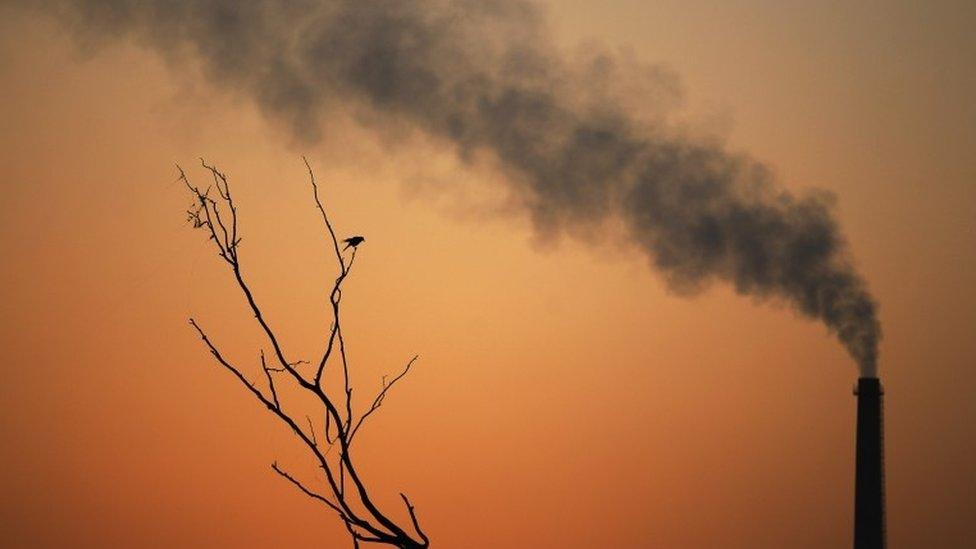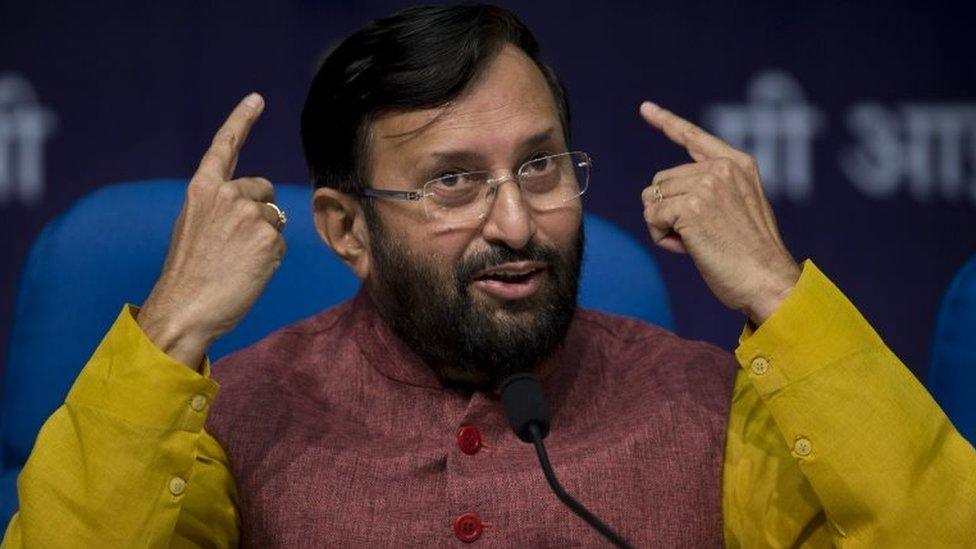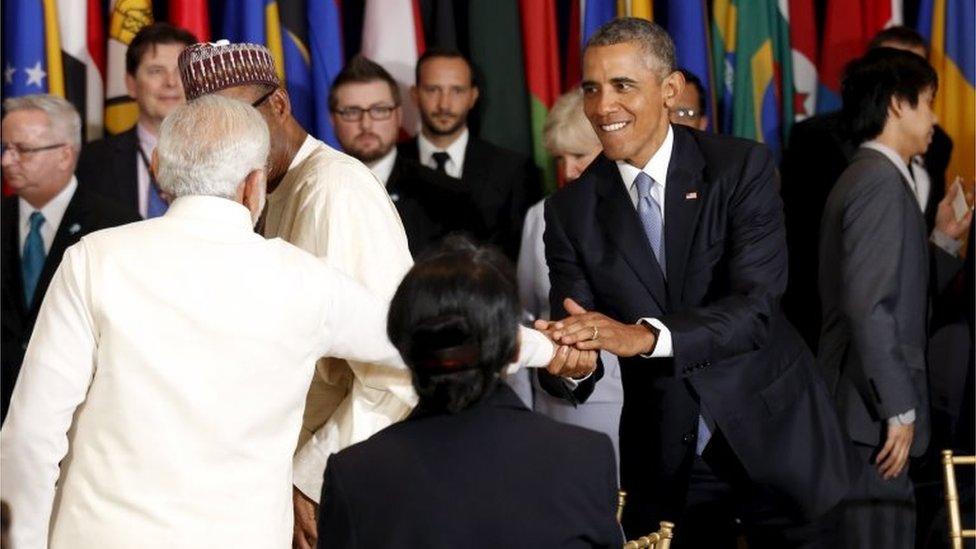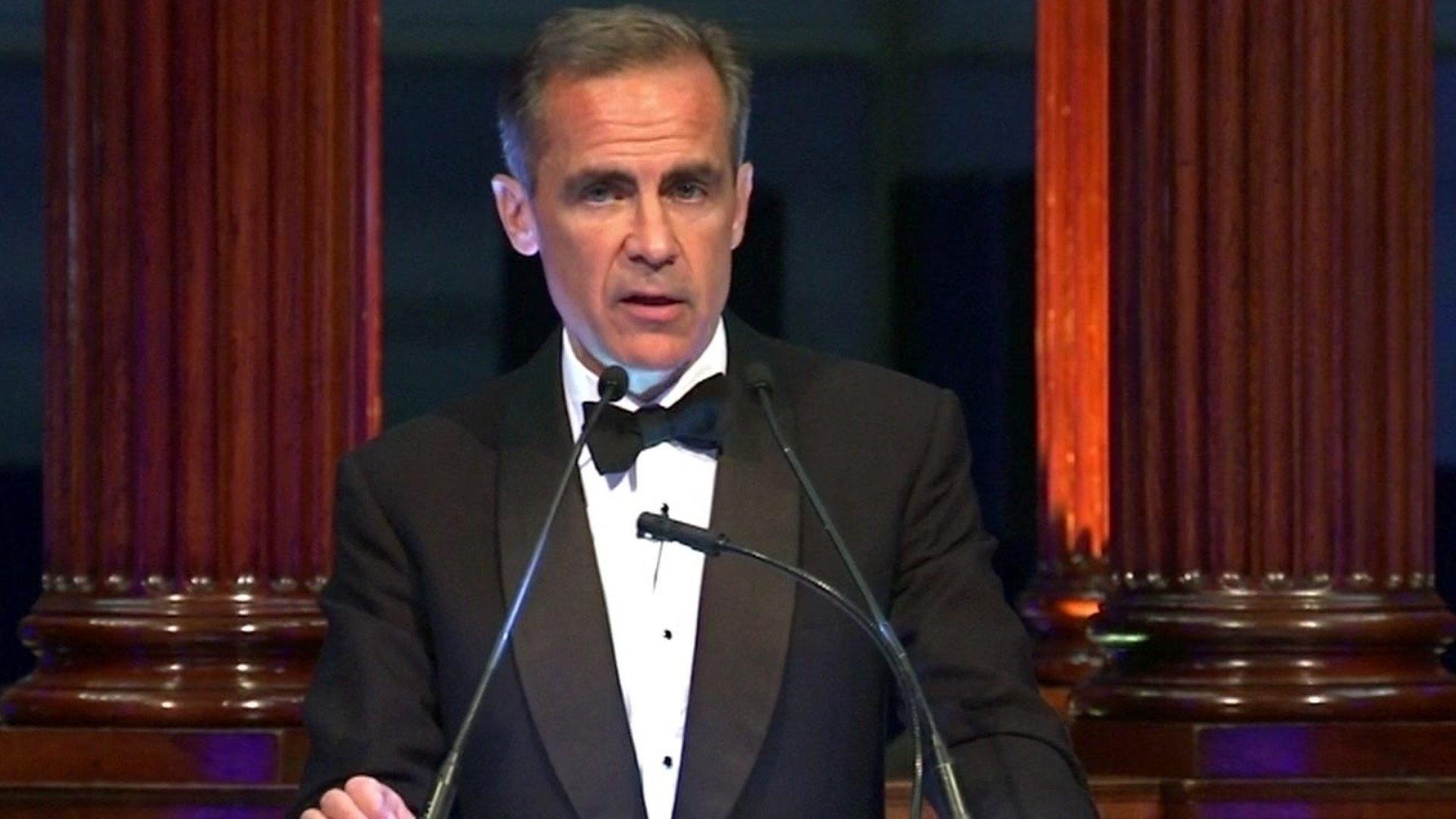India's 'ambitious' pledge to slow emissions rise
- Published

India says its emissions will grow because it needs to pursue development works as nearly 30% of its population has no access to electricity
India, the world's third largest carbon emitter, has pledged to the UN to reduce the rate by which its greenhouse gas emissions increase by up to 35% by 2030, compared with 2005.
It says it will get 40% of electricity from non-fossil fuel sources, and has listed solar and wind as the first two.
But analysts say if it succeeds in growing its economy as quickly as it wants, emissions will continue to rise.
Delhi submitted the plan ahead of the Paris climate conference in November.
The UN has sought carbon reduction plans from its 196 members which, put together, will give an idea whether the world is on track to limit the global temperature rise to two degrees from the pre-industrial period - a threshold scientists say is necessary to avoid dangerous climate change.
"We are confident we will achieve the 35% [target] by 2030," Indian Environment Minister Prakash Javadekar told a news conference in Delhi on Friday.
"It is a huge jump for India, therefore it is a very ambitious target," he said.

Environment Minister Prakash Javadekar has accused some rich countries of trying to blur the line between developed countries and developing ones
What India has pledged is that it will slash its rate of greenhouse gas emissions relative to gross domestic product. But it will not stop its total emissions from growing.
This is where its pledge differs from those made by the top two emitters, China and the US.
Beijing has announced that its carbon emissions will peak around 2030 before they start to drop. The US has said it will make a reduction by up to 28% from 2005 levels by 2025.
In simple terms, China and the US have committed themselves to cutting down their total emissions within specified dates while India has not.
'Cuts needed'
Delhi has argued that its emissions will grow because it needs to pursue development works as nearly 30% of its population still has no access to electricity.
It recently announced that it was doubling its annual coal production in the next five years to more than one billion tonnes.
It is not clear whether other major players at the Paris conference would agree to Delhi's position.
Developed countries have argued that fast emerging economies like China and India will have to step up to the plate for a meaningful climate agreement.
They say that shares of these rapidly developing countries in global emissions have become quite significant and that they need to make substantial cuts as well.
But the Indian environment minister accused some rich countries of trying to blur the line between developed countries and developing ones.
"The developed world has polluted the Earth and we are suffering," he said. "Still, we want to become part of the solution and give results," he added.
In the past, India had China with it to counter the developed world. Now that Beijing appears to have made a departure from that position, Delhi will have to hold that fort on its own in Paris.
- Published29 September 2015

- Published29 September 2015

